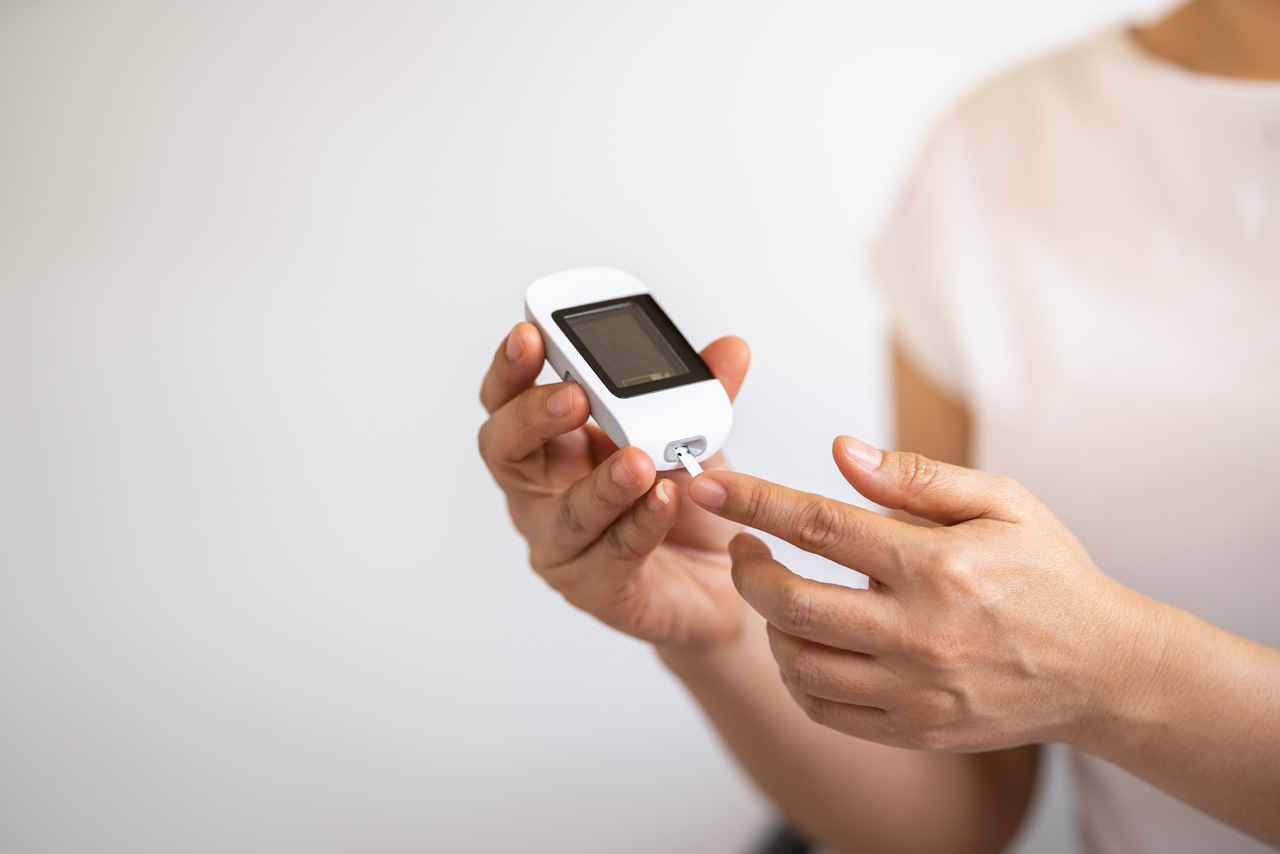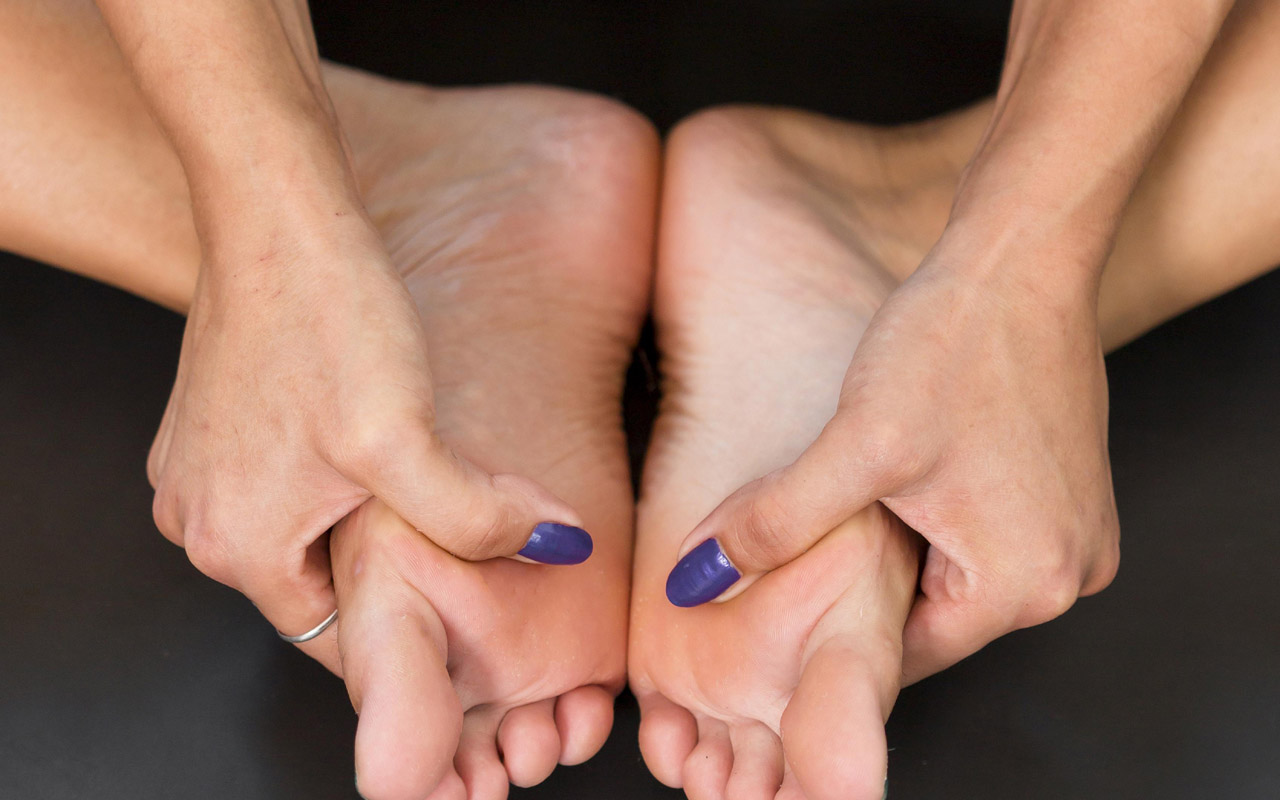Take care of your feet
If you have been diabetic for many years, you may face numbness, loss of sensation, the presence of unhealed wounds, and a partial or complete loss of the ability to feel pain. Identifying your symptoms is equally as important as prevention. Unhealed wounds, blisters, numbness, pain, tingling sensation, loss of balance, skin discoloration, and a foul smell are symptoms to be aware of while raising suspicion for the diabetic foot. This is attributed to nerve damage due to uncontrolled sugar levels for a very long time.
With elevations in blood sugar levels, your body’s ability to heal wounds or sores reduces, and if accompanied by underlying vascular disease, it can lead to life-threatening complications. If you have open ulcers, you are also at risk for infection, so it is mandatory to keep blood sugar levels under strict control. You should also ensure the ulcer is clean and bandaged, cleanse the wound regularly, and avoid walking barefoot. If your unhealed ulcer or wound gets infected, it needs to be treated promptly. If the infection does not resolve (in the toes, foot, or part of the leg), it needs to be amputated to prevent the infection from spreading and save your life.
Prevention is key!
Diabetes prevention is the key to saving your limb. Although not all diabetic foot complications can be prevented, one can always reduce the risk. There are numerous ways to keep diabetes from affecting your limbs. They are as follows: daily foot inspection, daily leg washing, regular nail trimming, avoid picking (calluses, bunions, warts, and corns), wear proper fitting shoes or sandals, avoid walking barefoot, quit smoking, maintain body weight, and get regular foot check-ups.
Knowing the adverse effects of uncontrolled sugar levels can alert individuals to be cautious about their blood glucose levels. If anyone suffers from a sore or wound on any part of the leg that does not go away, then seek medical advice. Regular monitoring and follow-up can aid in avoiding diabetes-related complications. Amputation-free India is a campaign to raise awareness about diabetes-related amputations and to prevent





